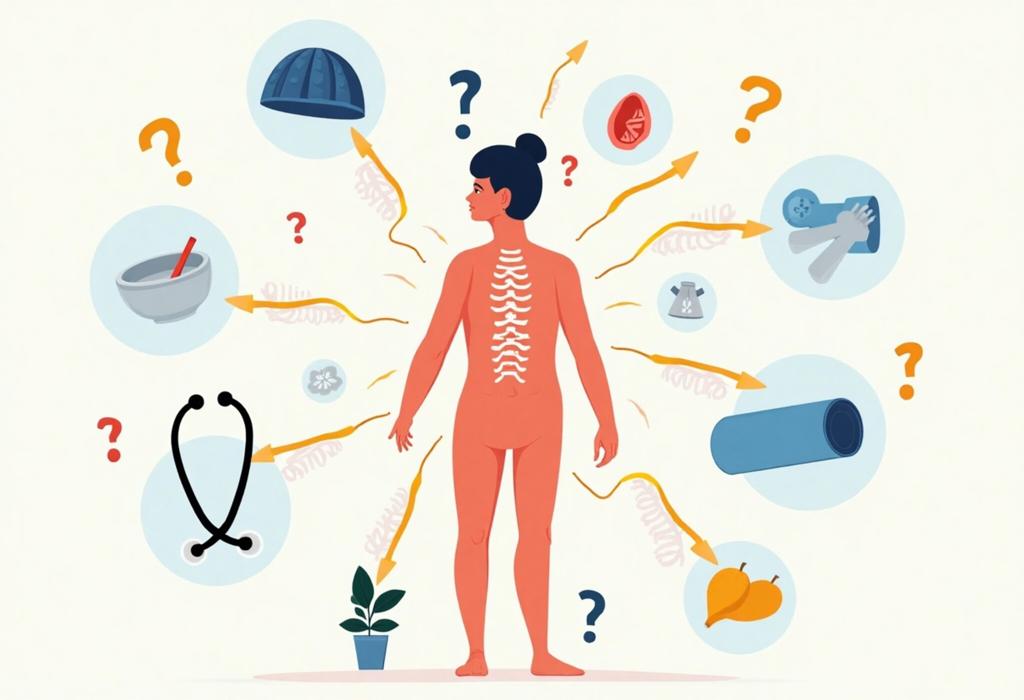For more details on this content, please review the step-by-step guide and frequently asked questions.
Early Signs of Underlying Conditions

Step-by-Step Guide
Understanding Underlying Conditions
Underlying conditions are health issues that may not be immediately apparent but can significantly impact overall health. Examples include diabetes, hypertension, autoimmune disorders, and some cancers. Understanding these conditions is crucial to identifying their early signs.
Recognizing Common Early Signs
Many underlying conditions have overlapping symptoms. Common early signs include fatigue, unusual weight changes, persistent pain, and gastrointestinal issues. Keeping track of these signs can help in early diagnosis.
Monitoring Fatigue Levels
Chronic fatigue may indicate conditions like thyroid disorders, anemia, or even chronic fatigue syndrome. Take note of fatigue levels, especially if there is no clear reason for it, such as poor sleep or overexertion.
Looking for Unexplained Weight Changes
Unintended weight loss or gain can signal various underlying conditions. Consult with a healthcare provider if these changes occur without changes in diet or lifestyle.
Understanding Pain and Discomfort
Chronic or unexplained pain, especially if it persists for weeks, should not be ignored. Conditions such as fibromyalgia, arthritis, or even infections may be underlying causes.
Monitoring Digestive Health
Gastrointestinal symptoms like chronic bloating, diarrhea, or constipation can point to conditions like irritable bowel syndrome, celiac disease, or even colon cancer. Keep a food diary and note any recurring symptoms.
Recognizing Changes in Skin and Hair
Skin changes, rashes, or hair loss can indicate autoimmune diseases or hormonal imbalances. Pay attention to any significant changes or unusual markings on the skin.
Monitoring Mental Health
Mental health signs, like anxiety, depression, or mood swings, may suggest underlying conditions like hypothyroidism or vitamin deficiencies. It’s important to address these issues early with mental health professionals.
Consulting with Healthcare Professionals
If you notice any concerning signs, schedule an appointment with a healthcare professional. Early diagnosis and intervention can lead to better health outcomes.
Creating a Personal Health Record
Maintain a detailed health record that includes your symptoms, lifestyle changes, and any medication. This information can be vital during doctor visits and medical evaluations.
Staying Informed and Proactive
Keep yourself informed about common signs of underlying conditions. Engage in preventive health measures, such as regular check-ups and screenings, to detect health issues early.








